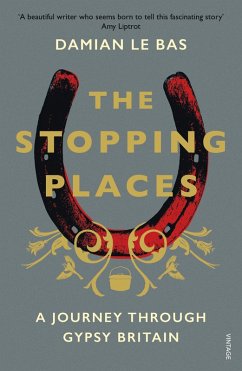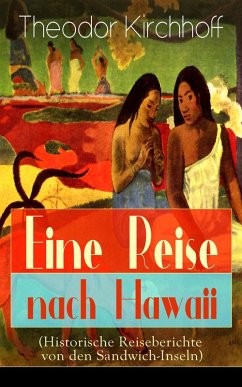
Among Cannibals (eBook, ePUB)
An Account of Four Years' Travels in Australia and of Camp Life With the Aborigines of Queensland
Übersetzer: Anderson, Rasmus Björn
Versandkostenfrei!
Sofort per Download lieferbar
1,99 €
inkl. MwSt.
Weitere Ausgaben:

PAYBACK Punkte
0 °P sammeln!
This travelogue is about Australia; in particular Queensland and the native Aboriginals. The author travelled by ship first to Adelaide, then via Melbourne, Sydney, Brisbane and Rockhampton to the interior of Queensland. His account of his journey and his decision to live with the natives is detailed and factual as he describes what he sees and hears.
Dieser Download kann aus rechtlichen Gründen nur mit Rechnungsadresse in A, B, BG, CY, CZ, D, DK, EW, E, FIN, F, GR, H, IRL, I, LT, L, LR, M, NL, PL, P, R, S, SLO, SK ausgeliefert werden.













